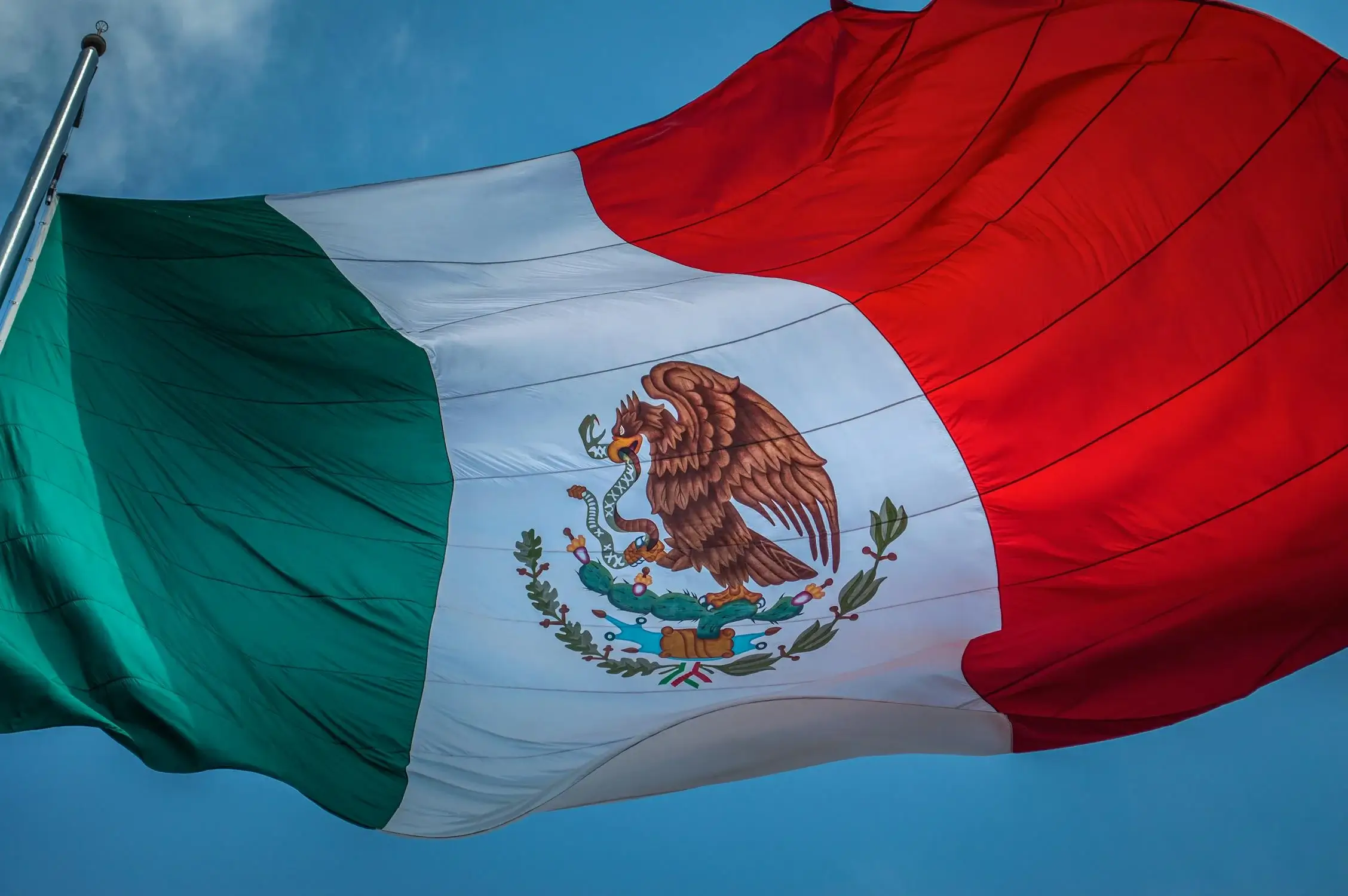Mexico absorbs 6% of Chinese commercial relocation, according to World Bank
Photo: Pexels.
Amidst the changing dynamics in global production chains, the influx of investments, and product commercialization, Mexico finds itself in a process of reconfiguration that has provided gains for the country, according to Erik Von Uexkull, Senior Economist for Latin America and the Caribbean at the World Bank.
Von Uexkull noted that, as a result, Mexico has absorbed approximately 6% of the production relocated from China. Mexico and many other countries across the region, and the globe, are competing to house Chinese production and investments.
According to calculations from the World Bank, between 4% and 2% of U.S. and global companies plan to increase their investments in Mexico. Additionally, between 2015 and 2023, only 6% of Mexican export growth was attributed to “nearshoring,” the strategy of relocating business activities closer to the final market.
Von Uexkull stressed that the results of “nearshoring” must be evaluated from different perspectives, including investment announcements, the timing of their realization, and when production is reflected in commercial flows. Although there have been significant announcements, they have not yet translated into a structural increase in foreign direct investment in the country.
“Many CEOs are considering leaving China, investing in other countries and reducing their activities in East Asia, but that doesn’t necessarily mean they will invest in Mexico, Latin America, or elsewhere,” stated the World Bank economist, emphasizing that while Mexico continues to be a leader in the region, other countries receive a similar or greater number of Chinese companies.
In addition to proximity to consumer markets, companies seeking to capitalize on relocation seek greater regulatory certainty, and to a lesser extent, consider aspects such as taxes, tariffs, and domestic market growth.
Johannes Dobinger, representative of the United Nations Industrial Development Organization Regional Office in Mexico (UNIDO), emphasized the importance of diversifying investments beyond manufacturing. He pointed out that Mexico has the opportunity to add value to its production and not merely remain an assembler, although achieving this requires appropriate industrial policies.
Dobinger noted that the arrival of industry in a nation not only has economic implications but can also contribute to achieving sustainable development goals, generating employment, and reducing emissions of polluting gasses.
While Mexico has been a prominent destination in the reconfiguration of global production chains, absorbing part of the production exiting China, it is important to recognize that other countries compete for these investments. To consolidate its position as an attractive destination for foreign investment, Mexico must diversify its offerings beyond manufacturing and create policies that promote added value and economic and environmental sustainability, according to the analysis presented during the seminar.
Know the main source:
EU trabaja con México para evitar que China se salte aranceles con triangulación: Biden | Forbes México (2024, abril 17)
Other related sources:
México no dará incentivos a fabricantes chinos de autos eléctricos tras presión de EU | El Economista (2024, abril 18)
Al triplicar los aranceles al acero de China, Biden colabora con AMLO | Vanguardia MX (2024, abril 17)

